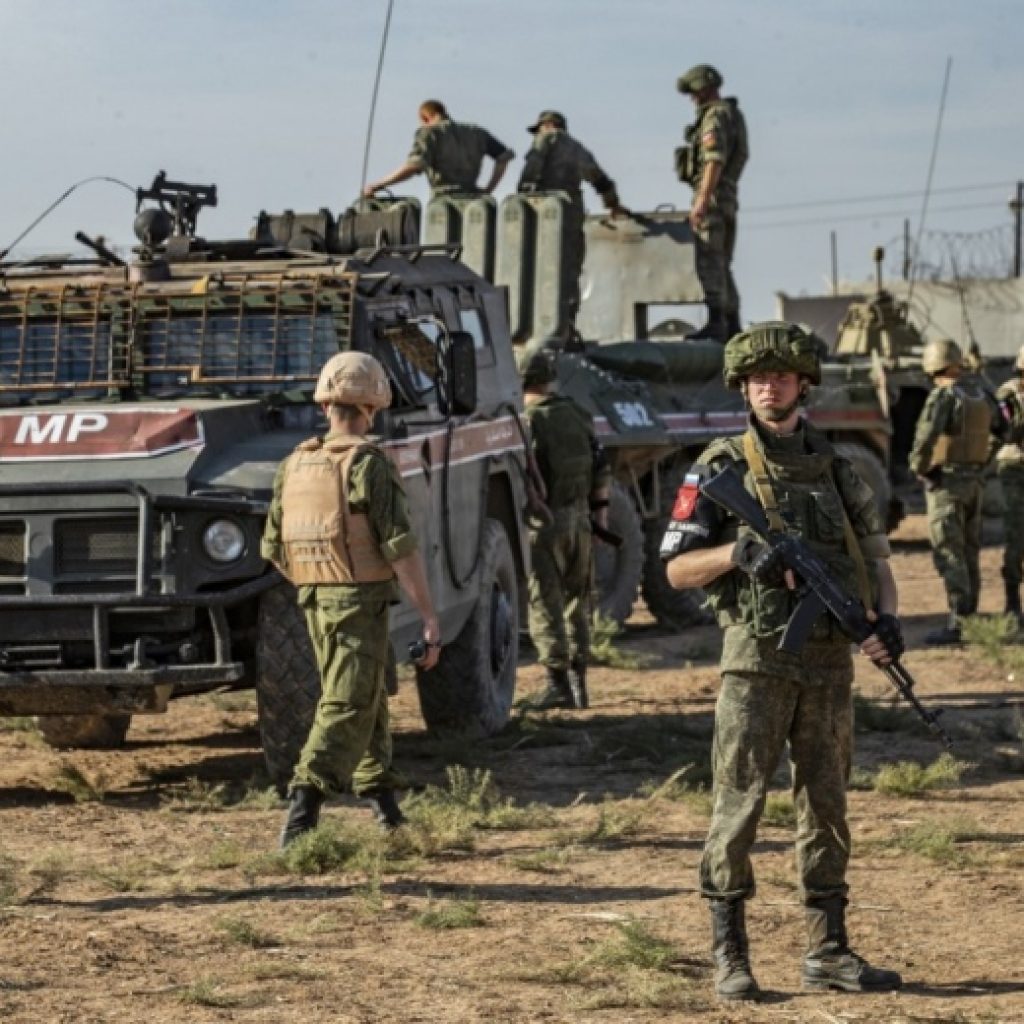RA’s Daily Russia News Blast – April 21, 2020

Today in Russia: Oil price collapse deepens, weakens ruble; Sberbank chief warns banks may need bailouts; Lavrov extends olive branch to neighbor Georgia; US report says disinformation continuing; Organizer of anti-lockdown protest in North Ossetia jailed; While most countries unite during COVID-19, Russia and USA see division; Life expectancy reaches all-time high in Russia in 2019; Russia and Turkey hold talks, joint patrol in Idlib; First doctor treating COVID-19 patients dies in Russia; Russia looking to squeeze US out of Asian gas markets?
The collapse in oil prices – US West Texas Intermediate (WTI) plunged into negative territory, while global benchmark Brent crude suffered heavy losses – has put increased pressure on the ruble, which fell against the dollar 2.1 percent to 75.25.
Sberbank’s CEO Herman Gref warned that some Russian banks may need bailouts, Vedomosti reported [in Russian], but they will be the “third” in the chain of industries to suffer, so the risk is not immediate. Gref stated, “Yes, banks will have very difficult consequences, but they will be third in this chain…Therefore, nothing threatens the banks today, the end of the year is on the horizon, with the long-term continuation of this scenario, which we are in today, it is quite possible that a number of banks will need such assistance.” Gref’s comments came a day after VTB Bank’s head warned of a heavy cost to banks but expressed optimism that bailouts would not be needed.
Foreign Minister Sergei Lavrov said that Russia is willing to open trade missions with Georgia, if the Georgian side requests such a move. Russo-Georgian diplomatic relations have been severed since a conflict broke out in 2008, and relations have recently taken a turn for the worse, with Moscow ordering all direct flights between Russia and Georgia halted. Currently, the two countries have small diplomatic missions in the Swiss Embassies in Moscow and Tbilisi.
A US State Department report which was not released publicly has alleged that China, Russia, and Iran are using COVID-19 to further disinformation campaigns. The report claims that “The three governments are pushing a host of matching messages: that the novel coronavirus was an American bioweapon, that the U.S. was scoring political points off the crisis, that the virus didn’t come from China, that U.S. troops spread it, that America’s sanctions are killing Iranians, that China’s response was great while the U.S.’s was negligent, that all three governments are managing the crisis well, and that the U.S. economy can’t bear the toll of the virus.”
The organizer of Monday’s anti-lockdown protest in the North Ossetian capital of Vladikavkaz was arrested. Vadim Cheldiev, a singer with a large following on Telegram will be held for two months and fined 75,000 rubles ($975).
Vedomosti reported today [in Russian] that while most countries have unified in the wake of the coronavirus, Russia and the USA have seen strong divisions in public opinion according to a Gallup-Romir survey. Over two thirds of the global population support the measures put in place in their countries, but only 51 percent of Russians and 48 percent of Americans do.
Life expectancy reached a record high in 2019 in Russia, rising to 73.4 years.
Russian President Vladimir Putin and his Turkish counterpart Recep Tayyip Erdogan had a phone conversation on Tuesday, discussing COVID-19, Syria, and a joint nuclear power plant project, Interfax reported. Turkish state news agency Anadolu also reported that Russia and Turkey held their fifth joint patrol in Syria’s Idlib province. The move comes in the wake of last month’s agreement between the two countries to halt all military action along the “line of contact” in Idlib.
A doctor in Moscow treating coronavirus patients has died of complications from the virus, Moscow Times reported. COVID-19 cases in Russia have climbed to 52,763 reported cases and 456 deaths.
Russia is working to squeeze the US out of Asian natural gas markets, according to one analysis, driven largely by the Power of Siberia pipeline project between Russia and China. This push may be helped by China’s increasing pivot from economic to geopolitical adversary to the US. “Russia, therefore, in the course of the last week, has stated that it is looking to increase both the flows through the Power of Siberia and the overall capacity (including storage) associated with these flows. Currently, the pipeline – in its eastern route – supplies gas from the Chayandinskoye field (the key element in the Yakutia gas production centre) to domestic consumers in Russia’s Far East and then on to China.”
Photo: A joint Turkish-Russian military patrol in Syria near the Turkish border in November 2019 (Delil SOULEIMAN/AFP).











